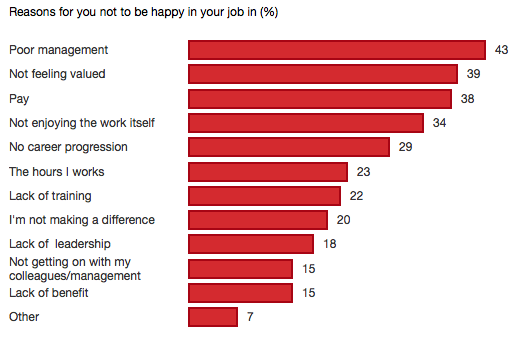Recruitment and Selection
 |  |
Recruitment is an expensive business. Apart from advertising and recruitment agencies, there’s the cost of taking your people away from their jobs to interview, induct and train new people. It’s an excellent investment when new people settle in quickly and are productive over many years. But what about the cost of getting it wrong? The effect on morale, productivity and having to go through it all over again?
Here are our top ten tips:
1. Decide what you need to achieve - What job needs doing? What skills and experience are required to be able to do the job?
2. Must have or Nice to have - Decide what a candidate MUST be able to do and would be ‘nice to haves.’ Use a scoring sheet to rank these requirements according to their importance – this helps with short-listing.
3. Consider your Selection Method - How will you select the most suitable candidate? An informal chat? You need to follow the same format and structure in the interview so that you can distinguish one candidate from another in a fair and transparent way.
4. Know the Law - You MUST ensure that you conduct the interview so that it does not contravene current employment legislation. More about this.
5. Have two or more people on an interview panel - Having more than one person on the interview panel will help you reach a balanced view. Try to use the same people for the whole process.
6. Make sure the venue is appropriate - A quiet, calm environment will encourage candidates to share their skills and experiences. Make sure you are not interrupted or distracted by work issues.
7. Use Tests and Exercises - Consider appropriate tests and exercises such as psychometric profiling, skills tests, group exercises, case studies and presentations. Decide which tests will screen-out the best candidate for the job.
8. Ask probing questions - Make sure the questions you ask are related to the job and that they are not discriminatory in any way. Candidates from outside of your industry need to understand the terminology. Ask one question at a time using different techniques; open questions, closed questions, probing questions etc.
9. The interview is a sales process - You are selling your company to the candidate. If people have a poor experience they will take their skills somewhere else and have a negative view about your organisation. Try to bring diversity into your organisation.
10. Make sure people enjoy working for you - Poor management is the main reason for unhappiness among staff, cited by 43 per cent of employees, followed by not feeling valued enough (39 per cent) and unsatisfactory pay (38 per cent). Saying thank you, involving employees in decisions and giving them responsibility over their work are basic ways to make staff happier, and more likely to stay
For more information click << Here >>



Stay Connected